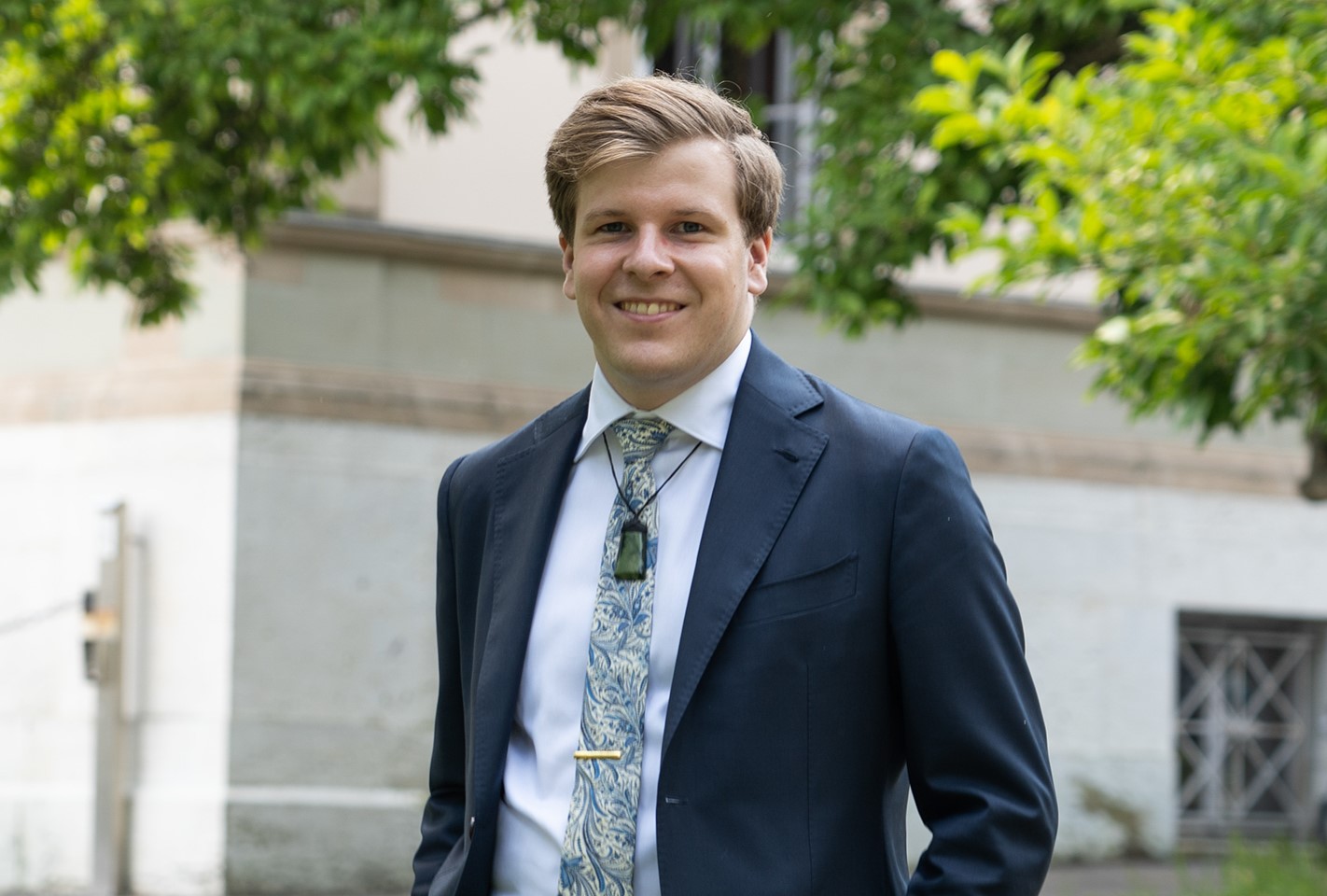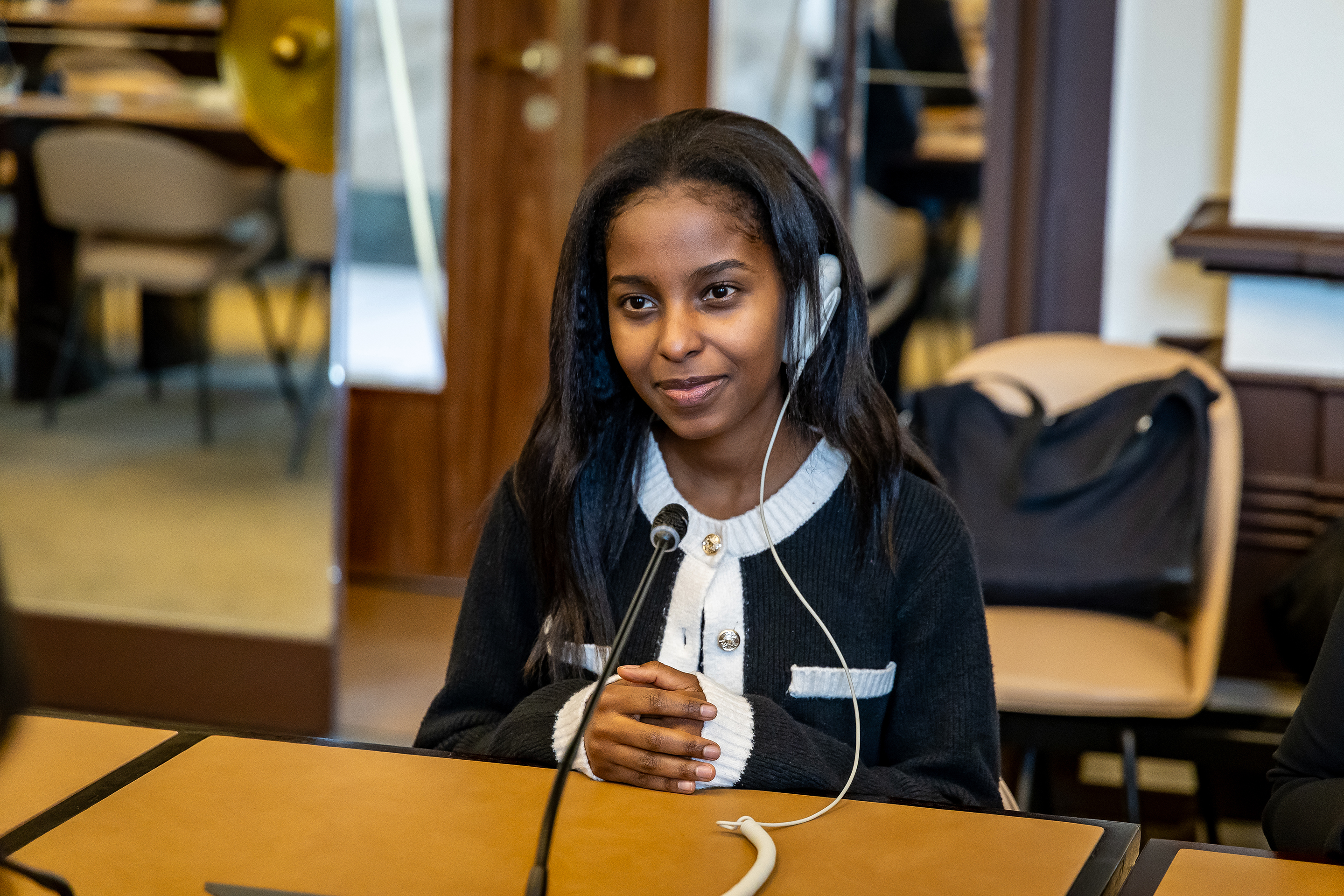Established in 1999, the Judicial Fellowship at the ICJ allows recent law graduates to gain professional experience at the judicial organ of the United Nations (UN). The fellowship welcomes fifteen fellows per year, nominated by their respective universities around the world.
Supervised by Professor Nico Krisch, Ash Stanley-Ryan's PhD research focuses on how the Secretariat of the United Nations has helped shape the international law of peace and security. Beginning with the first draft of the Genocide Convention and ending with the Rome Statute of the International Criminal Court, he argues that the Secretariat should be seen as an active participant in international legal processes, and that its efforts to shape the law of peace and security have also had flow-on effects — helping to shape, for example, the law of treaty reservations. His research relies heavily on archival materials and travaux préparatoires.
As a Judicial Fellow, Ash Stanley-Ryan will work with H.E. Judge Georg Nolte, who was elected in February 2021 for a nine-year term and previously served on the International Law Commission, as well as the Institute’s Foundation Board. Under Judge Nolte, Stanley-Ryan will conduct research and draft memorandums on questions of law or fact relating to cases pending before the Court, attend hearings and sittings, and more.




